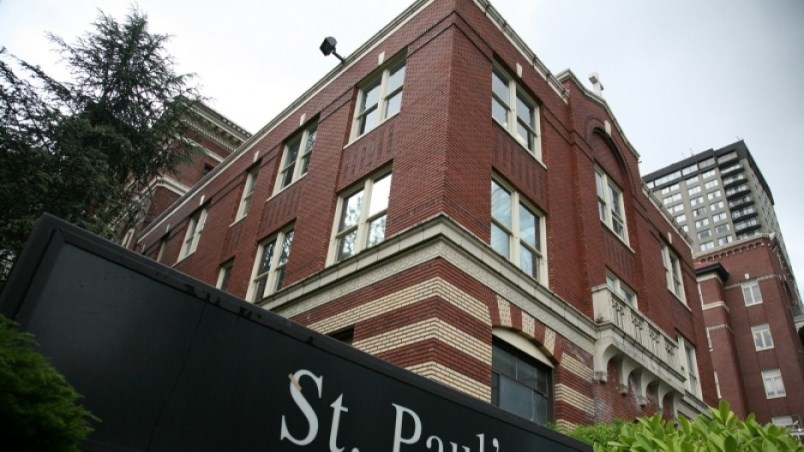A 65-year-old B.C. man in a coma will be taken off life support despite the protests of his two daughters, according to a recent ruling from B.C.'s highest court.
Leo Edward Bikus was admitted to St. Paul's Hospital in Vancouver after he had a heart attack on May 18. The incident resulted in “electrocerebral inactivity” and he has been in a “vegetative state” ever since, according to the ruling.
His daughters, Evangeline De Chatillon and Elise Bikus, had contested the do-not-resuscitate (DNR) signage doctors had placed at Bikus’ bed. The daughters claimed Bikus had moved his feet but several doctors told them it was reflexive.
In his ruling, Chief Justice Christopher Hinkson noted that following many tests, the daughters were advised “it was unlikely that their father would regain independent neurological function.”
Three doctor said Bikus’ best prognosis was “profound neurological impairment” with no functional recovery or chance for independent living.
After reviewing a July 19 CT scan, several physicians came to the consensus that Bikus had made no positive changes from the initial tests carried out in May.
The doctors decided they would not give “escalating care, and that no cardiac resuscitative procedures would be performed” given that the harm to Bikus from such treatment would outweigh the potential benefits, stated the judge.
The daughters, who acted as decision-makers for their father because Bikus is estranged from his spouse, filed for a court injunction against the DNR. But on three separate occasions, and with three judges giving the opportunity to delay the DNR, the daughters failed to produce an independent medical assessment of their father.
“It is clear that there is no medical opinion before me that suggests that Mr. Bikus’ neurological prognosis is anything other than extremely poor,” stated the judge, finding it in the best interest of Bikus to be left with care that only provided comfort to his body.
Hinkson limited the scope of his ruling, adding he was not making a finding “that a physician would be entitled to withdraw life support unilaterally against the wishes of the temporary substitute decision maker.”
In his decision, Hinkson said whether the court should go against the daughters' wishes depended on the best interests of the patient. The court, argued the hospital and Providence Health Care Society, could not order a physician to act against what they believed to be the best interests of the patient. That point was moot at any rate, Hinkson stated, as the court and physicians both agreed on the best interest of Biksu.
“The unanimous and uncontradicted views of Mr. Bikus’ treating physicians is that it is in his best interests for the life-sustaining treatment to be terminated, as such care would simply prolong his life and be futile, leading to a persistent vegetative state, with no conscious awareness, and would likely result in further harm including bed sores, infection and other complications.”


